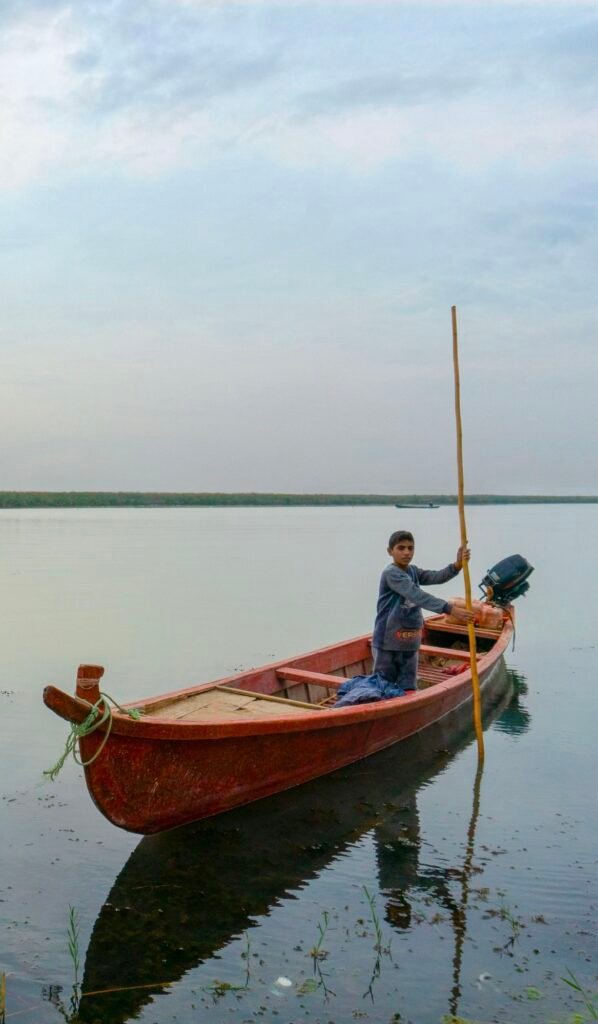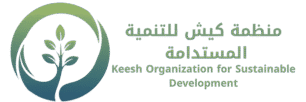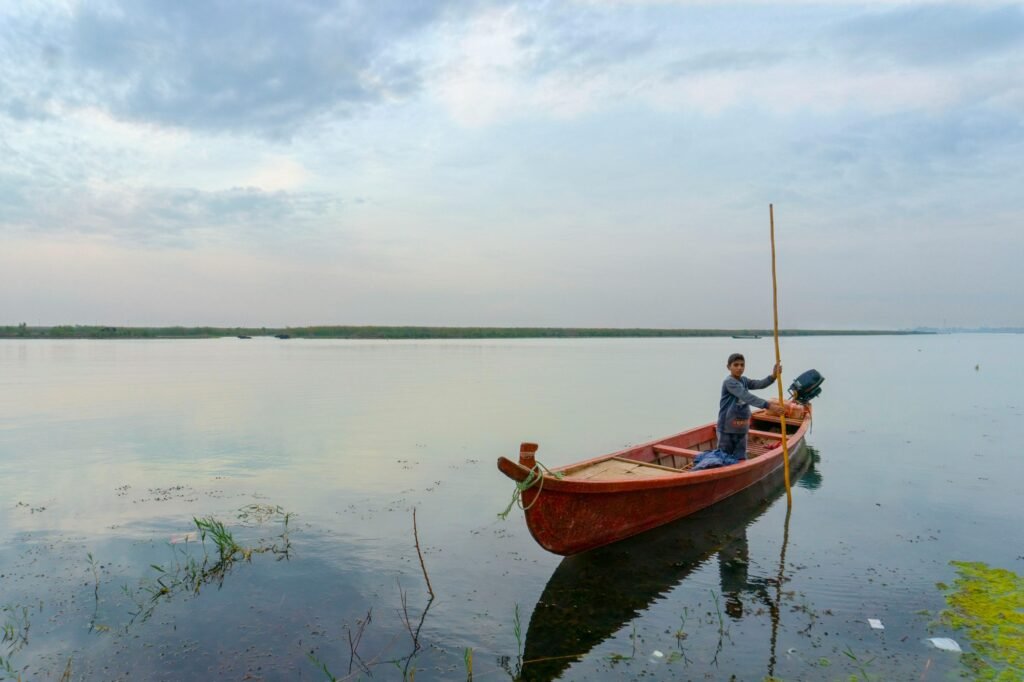The Environment in Iraq: Current Reality, Challenges, and the Vision of KEESH Organization for Sustainable Development
Introduction
The environmental situation in Iraq represents one of the most prominent challenges affecting its economic and social stability. With Iraq ranked among the five countries most vulnerable to global climate change and 92% of its land exposed to desertification, environmental protection requires a comprehensive approach that considers environmental, economic, and social dimensions together. KEESH Organization for Sustainable Development seeks to propose innovative strategies aimed at preserving environmental resources and ensuring that future generations can meet their needs.
1. Major Environmental Challenges
Desertification and Loss of Arable Land: Approximately 71% of arable land has become desertified, with an annual loss of 100,000 dunams due to rainfall scarcity and climate fluctuations. Water Scarcity and Salinization: Southern regions face increasing pressure on water resources due to reduced flows of the Tigris and Euphrates rivers and rising salinity levels, threatening food security and limiting agricultural activity. Air and Water Pollution: River waters are increasingly contaminated with industrial and agricultural waste, while major cities experience high levels of fine particulate matter (PM2.5), negatively impacting public health and increasing healthcare burdens.
2. Governmental and International Policies and Initiatives
National Strategy for Environmental Protection and Improvement 2024–2030: The Ministry of Environment has approved a comprehensive plan that includes updating environmental legislation and launching campaigns for tree planting and desertification control in collaboration with the governorates. United Nations and International Agency Projects: The United Nations Development Programme (UNDP) supports projects for climate risk management and improving water and sanitation infrastructure, in partnership with Iraq’s Ministry of Water Resources and Ministry of Environment. Role of UNEP and the Chemicals Management Program: The United Nations Environment Programme (UNEP) and the Chemicals Management Program have launched a project to develop a national chemical registry and train government personnel in the safe management of industrial and household waste.
3. Future Solutions and Opportunities
Afforestation and Desertification Control: Tree-planting initiatives can be expanded in river basins, and green belts around cities can be strengthened to prevent sand encroachment and reduce local temperatures. Renewable Energy: Investing in solar and wind power plants presents an opportunity to reduce carbon emissions and improve electricity supply, especially in remote areas. Sustainable Agriculture: Adopting hydroponic and protected farming techniques reduces water consumption and ensures stable food production, with the potential to transfer expertise to small-scale farmers.
4. The Role of KEESH Organization for Sustainable Development
Community Awareness and Capacity Building: KEESH Organization for Sustainable Development organizes workshops and media campaigns to educate citizens on the importance of environmental protection and to enhance the skills of farmers and water management authorities in using modern agricultural techniques. Partnerships and Financial Support: The organization negotiates with local and international donors to fund tree-planting projects and solar-powered water desalination, ensuring the long-term sustainability of these initiatives. Research and Field Monitoring: KEESH funds field studies to monitor desertification levels and water quality in sensitive areas, publishing periodic reports to support environmental decision-making. Technical Support and Evaluation: The organization provides consultations to governmental and local entities on best practices in solid and liquid waste management, while tracking environmental performance indicators to assess the impact of interventions.
Conclusion
Environmental preservation is a fundamental pillar for achieving sustainable development in Iraq. Through the combined efforts of KEESH Organization for Sustainable Development, the government, civil society, and international partners, current environmental challenges can be addressed and available opportunities leveraged to ensure a healthier and more prosperous future for coming generations.




